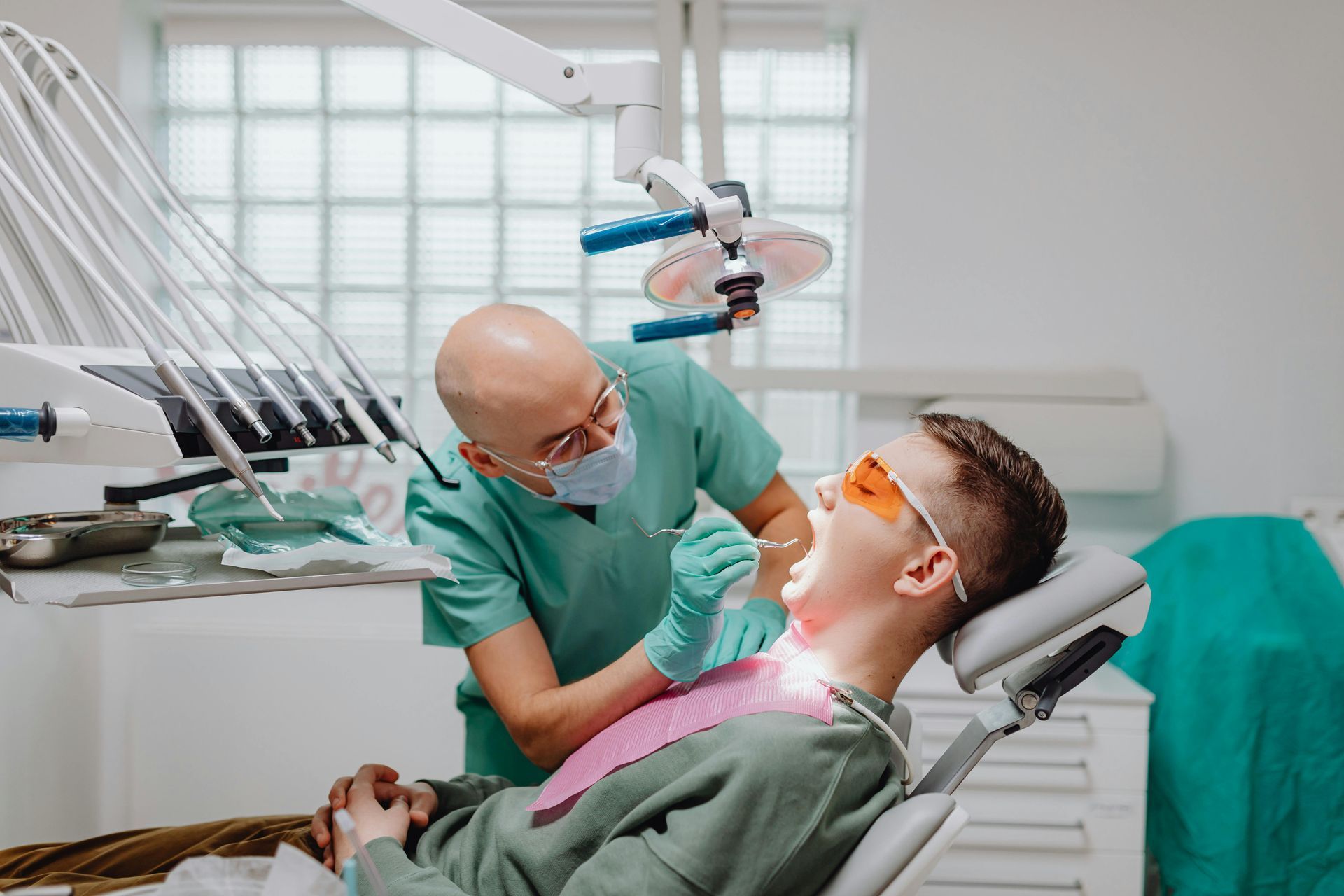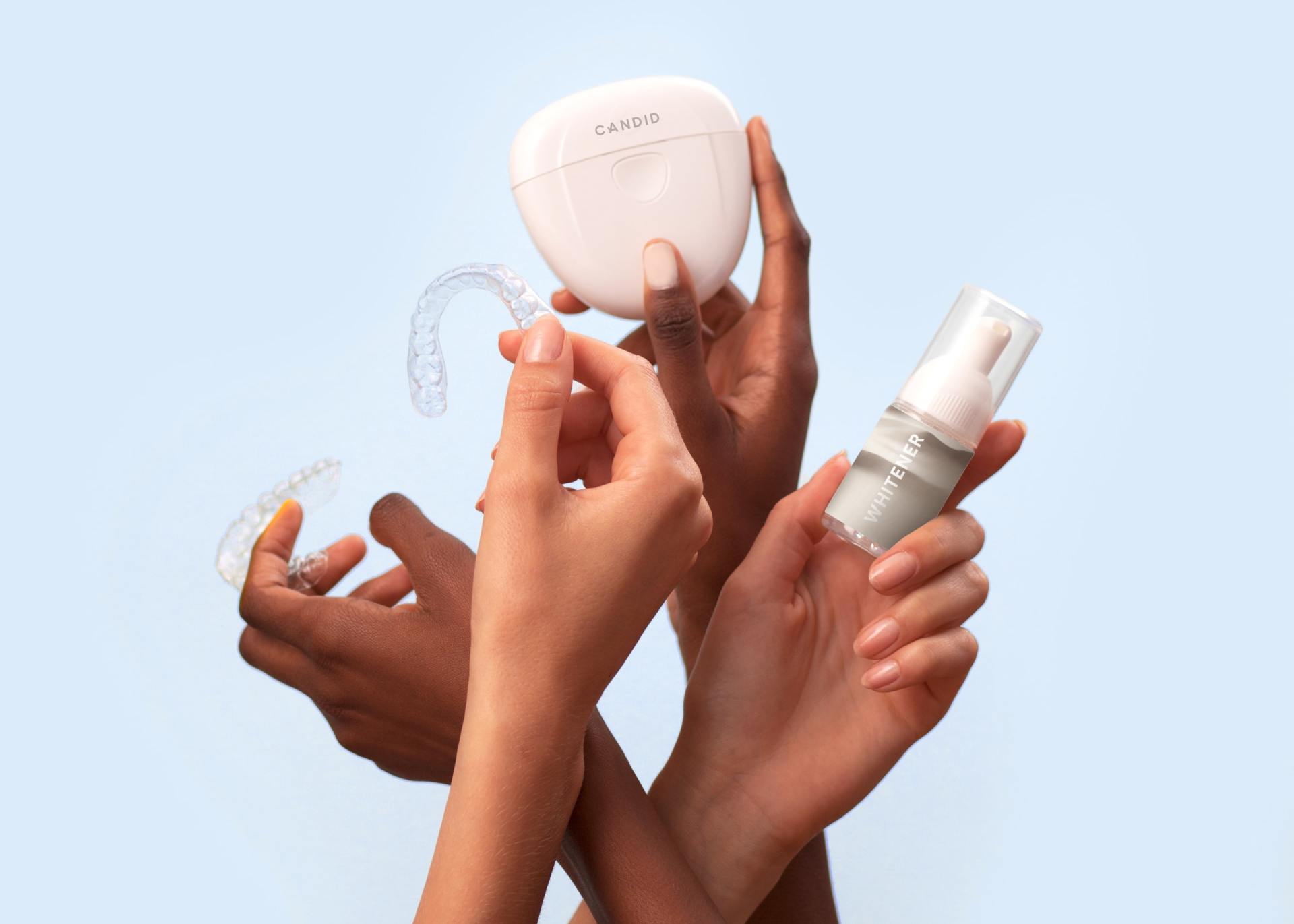What are Veneers and How Do They Work?
What are Veneers and How Do They Work?
A study in 2015 showed that over 80% of people think their teeth look BAD in photographs. It also found that nearly 30% of people don’t show their teeth when smiling in photos on social media because they don’t like the way their teeth look. That’s a lot of people that are unhappy with the look of their teeth! Sometimes braces can help fix issues that make people unhappy with their smile, like overbites and underbites, but sometimes people just want bigger, brighter teeth. For those people, veneers are usually a great option, but what are veneers?
What are Veneers?
Unlike crowns, veneers are usually made of thin pieces of porcelain that can be bonded to your teeth in order to improve the overall look of your smile. The best part? The treatment can be completed in as little as two visits and the veneers are individually crafted and customized to fit your smile. Basically, they look completely natural when the treatment is finished. If you are unhappy with the look of your smile in photos, veneers will solve that problem.
How do Veneers Work?
1st Family Dental - Veneers make your teeth look brand new againThe American Academy of Cosmetic Dentistry describes veneers as a similar process to re-siding your house. Overtime the siding on your home can become weathered, damaged, and just start to look dingy and old. Replacing the siding immediately improves the overall aesthetics and curb appeal of your home without having to tear down the home and rebuild it. Veneers are like re-siding your teeth. Your teeth are still strong but the veneers makes your smile look brand new again, improving your smiles “curb appeal”.
Veneers are a great cosmetic solution for many problems that people have with their teeth, including; gaps, chips, spaces, length, and color of teeth.
Unhappy about how short your teeth are? Veneers can lengthen them. ✔︎
Unhappy with the spacing of your teeth? Veneers can cover them. ✔︎
You get the idea. Veneers can solve most cosmetic issues with your teeth!
Veneers are a cosmetic treatment and it is virtually painless. It is important to know that traditional veneers are not reversible. Meaning, once you decide to get them, you can’t go back to your “old” smile. There are veneer treatments called “no-prep veneers” that can be removed, making them nearly reversible, but there are limitations to this treatment option so it’s something to discuss with your dentist before getting started.
Getting Started with Veneers
1st Family Dental - Does insurance cover veneersSo how do you get started with veneers? The first step is a consultation with one of our cosmetic dentists. You will sit down and explain everything you love, like and dislike about your smile. We want to hear about your goals and the main reason why you looked in the mirror today and decided to search for this article and then book a cosmetic consultation with us in the hope of improving the look of your smile. The dentist will discuss some options with you and offer a recommended treatment plan based on the information you’ve provided.
You will also get the estimated cost of the treatment plan from your dentist.
If you are happy with the plan then the next step is to book your treatment – setting the date that you will finally get your brand new smile.
If you are considering a smile-makeover then you probably have some questions. Here are some of the frequently asked questions that we hear from patients:
How much do veneers cost?
The cost of veneers can vary based on the material and treatment used but expect anywhere from $1000 to $1500 per veneer. Most people get 6-8 veneers so it can get expensive. However, many dental offices do offer discounts for getting 4 or more veneers at the same time.
Read more about the Pros and Cons of Veneers. Are They Worth It?
How long do veneers last?
Like your real teeth, veneers are not indestructible. They are very strong though and, with proper care, veneers can last 10-20 years. Proper care includes brushing and flossing, and avoiding hard or sticky foods. You will also want to try to avoid grinding your teeth or putting unnecessary wear and tear on them.
Does insurance cover veneers?
Most dental insurances only cover treatments that are medically necessary. For example, you have a cavity that needs to be filled or had an accident that resulted in a damaged tooth. Most insurances will not cover elective treatments that are solely for cosmetic purposes. That being said, there are many cosmetic treatments that can be deemed medically necessary. Speak with your dental team’s insurance specialist to learn more about your options, which will vary depending on your insurance.
What Happens if you don’t like your veneers?
This problem doesn’t usually come up because you will get to see your veneers before they go in. You will also get to see what you will look like with this new smile. The treatment is NOT reversible so it’s important to let your dentist know what you think of your smile’s new siding before beginning the treatment.
Don River Dental
is a full-service family dental clinic located at 1396 Don Mills Rd
(between York Mills and Lawrence, north of Shops at Don Mills). Give us a call today at 416 901 9292
or visit our HOMEPAGE to see how we can help you and your oral health.
What are Veneers and How Do They Work? 1stFamilyDental Blog. November 20, 2018

Persistent Toothache: When Pain Becomes Unbearable Experiencing a persistent toothache can be an alarming sign that requires immediate dental attention. Tooth pain might seem manageable at first, but when it escalates to severe toothache, it becomes unbearable and signals the need for prompt treatment. Warning Signs to Watch: Severe Pain: Pain that does not subside with over-the-counter pain relievers. Warm or Cold Sensitivity: Heightened sensitivity when eating or drinking hot or cold substances. Bad Taste: A constant bad taste in your mouth may indicate an infection. If you encounter any of these symptoms, it's vital to visit an emergency dentist. Immediate dental care helps maintain oral health and can prevent persistent dental emergencies. Thus, never underestimate the importance of promptly addressing a severe toothache. Extreme Tooth Sensitivity: Sudden or Chronic Extreme tooth sensitivity can be both sudden or chronic, causing discomfort and possibly leading to severe dental issues if not addressed promptly. Understanding the underlying causes is crucial for timely treatment. Here are key facts you should know: Common Symptoms: Sharp Tooth Pain: Often triggered by hot, cold, acidic, or sweet foods and drinks. Persistent Discomfort: Even when not eating or drinking. When to See a Dentist: Severe Pain: Signaling a possible serious dental issue. Toothache: Especially if it is frequent and intense. Loose or Broken Tooth: Emergency dental care may be necessary. Preventive measures, such as maintaining oral health with proper hygiene and avoiding overly acidic foods, can reduce the risk of sensitivity. If you're experiencing persistent sensitivity or any other dental emergencies, seek professional dental attention promptly to explore treatment options. Swollen or Bleeding Gums: A Sign of Trouble Swollen or bleeding gums can be a significant warning sign of gum disease, an oral health issue that requires prompt dental attention. Many might overlook minor bleeding during brushing, but if this symptom persists, it is essential to consult a dentist immediately. Gum disease, in its early stages, is known as gingivitis and can progress to more severe dental issues if left untreated. Here are some alarming symptoms to watch for regarding your gums: Persistent Swelling : Constant inflammation can be a precursor to severe gum disease. Frequent Bleeding : If your gums bleed regularly, even without brushing aggressively, it indicates an underlying issue. Bad Taste or Bad Breath : Persistent bad breath or a bad taste in the mouth signals bacterial accumulation, which may stem from gum disease. Immediate Measures to Take: Practice proper oral hygiene with thorough brushing and flossing. Rinse with warm water to reduce inflammation and bacteria. If you're experiencing these symptoms, it might be time to seek dental care. Early and timely treatment can prevent tooth loss, jaw pain, and more severe dental emergencies. Always prioritize oral health and consult with a dental professional to explore treatment options. Jaw Pain or Clicking: Potential TMJ Concerns Jaw pain or clicking might seem minor, but they can be potential indicators of Temporomandibular Joint (TMJ) concerns. Understanding these warning signs is crucial for maintaining your oral health. Common TMJ Symptoms: Persistent pain in the jaw area Clicking or popping noises when opening or closing the mouth Difficulty or discomfort when chewing A change in the way the upper and lower teeth fit together These symptoms warrant prompt dental attention to prevent further complications. An emergency dentist can assess the severity of these signs, providing timely treatment to relieve discomfort and prevent tooth root damage or additional dental issues. Potential Causes: Teeth Grinding - Often occurring unconsciously during sleep Arthritis - Affecting the temporomandibular joint Jaw Injury - Resulting from an accident or direct impact Maintaining good oral hygiene and regular dental care can help prevent TMJ disorders. If any of these symptoms arise, consider warm water rinses and consult a dental professional to explore treatment options. Timely treatment can mitigate severe pain and ensure better oral health. Always prioritize getting dental attention if you experience these warning signs. Loose, Cracked, or Knocked-Out Teeth: Act Quickly Loose, cracked, or knocked-out teeth are dental emergencies that demand immediate attention. Quick action can mean the difference between saving and losing a tooth. Loose Tooth in Adults: If you notice an adult tooth becoming loose, it’s a significant warning sign of potential gum disease or tooth root issues. Visit an emergency dentist without delay for prompt treatment. Cracked Tooth: A cracked or broken tooth exposes the sensitive tooth root and can lead to severe pain or even infection. Rinse your mouth with warm water, and contact your dentist immediately for dental treatment. Knocked-Out Tooth: Time is critical. If a tooth is knocked out, gently rinse it with warm water, place it back in the socket if possible, or submerge it in milk. Seek emergency dental care within an hour for the best chance of saving the tooth. Here's a quick checklist for handling these situations: Rinse gently with warm water. Recover the tooth or tooth pieces, if applicable. Seek timely treatment from an emergency dentist. These dental issues require swift action to ensure sustained oral health and effective treatment options. Never ignore the warning signs, as timely intervention is key. Dental Abscesses: The Hidden Infection A dental abscess is a serious oral issue that often lurks unnoticed until it becomes a dental emergency. It's a pocket of pus caused by a bacterial infection, typically forming inside the tooth or gums. If left untreated, it can lead to severe tooth pain and other complications. Warning Signs of a Dental Abscess: Severe Toothache: Persistent, throbbing pain that can radiate to the jaw, ear, or neck. Swelling: Noticeable swelling in the gums or face. Bad Taste: A constant foul taste or bad breath due to pus drainage. Fever and Malaise: Feeling generally unwell or feverish. Prompt dental care is crucial. Use warm water to rinse your mouth and reduce discomfort while seeking an emergency dentist for timely treatment. Ignoring warning signs can lead to more severe dental issues and possible tooth loss. Always prioritize oral hygiene to prevent such dental emergencies. Changes in Gum Color, Texture, or Shape: Periodontal Red Flags Changes in gum color, texture, or shape can be significant warning signs of gum disease and require immediate dental attention. Healthy gums should be pink, firm, and fit snugly around your teeth. Any deviations from this norm could indicate underlying dental issues. Possible Warning Signs: Red or Swollen Gums : Can indicate inflammation or infection. Bleeding Gums : Often a sign of gum disease, especially after brushing or flossing. Receding Gums : This could expose your tooth root and lead to sensitivity or even tooth loss. Soft or Tender Gums : May signal a severe stage of gum disease. Prompt treatment can prevent further complications such as tooth decay or even tooth loss. It's crucial to see an emergency dentist if these changes persist. Maintaining optimal oral hygiene and scheduling regular dental care appointments are key to preventing these periodontal issues.Act quickly if you notice any of these changes to ensure your oral health remains in optimal condition. Persistent Bad Breath or Metallic Taste: Unseen Dental Issues Experiencing persistent bad breath or a metallic taste in your mouth can be more than just a social inconvenience; these are often warning signs of underlying dental issues. A metallic taste can indicate issues such as gum disease or tooth decay. When bacteria accumulate due to poor oral hygiene, they can lead to infections, causing a sour or metallic taste. Similarly, chronic bad breath (halitosis) can suggest serious concerns like dental decay, gum disease, or even dry mouth—a condition where insufficient saliva leads to harmful bacteria growth. Check these potential signs: Persistent bad breath: Could be a sign of gum disease or tooth decay. Metallic taste: Might indicate oral infections or poor dental hygiene. Signs of dry mouth: Reduced saliva can lead to bacterial growth. In such cases, immediate dental attention is crucial. An emergency dentist can offer prompt treatment options to mitigate further damage, ensuring your oral health is restored with timely treatment. Make sure to ensure regular dental visits to address these concerns proactively and maintain optimal oral hygiene. Dry Mouth: The Silent Cavity Culprit Dry mouth, also known as xerostomia, might seem like a minor inconvenience, but it can be a silent trigger for more serious dental issues. Saliva plays a crucial role in maintaining oral health by neutralizing acids and cleaning food particles. When saliva production decreases, it increases the risk of tooth decay and gum disease. Warning Signs of Dry Mouth: Persistent thirst Trouble swallowing Bad breath Thick or stringy saliva A constant dry feeling in the mouth If you experience severe toothache or other symptoms like jaw pain or a bad taste that accompanies dry mouth, seek timely dental attention. An emergency dentist can provide prompt treatment to alleviate discomfort and prevent further dental damage. Remember, maintaining good oral hygiene and staying hydrated are essential steps in combating this silent cavity culprit. Seek dental advice if persistent issues arise, as timely treatment is crucial for minimizing long-term complications. Conclusion: Protecting Your Oral Health Through Awareness It is crucial to stay informed about the warning signs that you need to see a dentist immediately. Recognizing these signs can mean the difference between quick recovery and complicated dental issues requiring extensive treatment. Common Warning Signs: Severe Toothache Persistent Jaw Pain Bad Breath or Bad Taste Loose or Knocked-Out Tooth Severe pain from a Broken Tooth Dry Mouth Ignoring these symptoms can escalate into serious problems like tooth decay or gum disease, which might eventually lead to tooth loss or require emergency dental care. Ensuring prompt treatment for these symptoms can prevent long-term damage and more invasive dental procedures. Simple Tips for Oral Health: Maintain good oral hygiene by brushing and flossing daily. Rinse with warm water to alleviate discomfort. Schedule regular dental check-ups. Awareness is your first line of defense in protecting your oral health. By staying vigilant and seeking timely treatment, you safeguard not only your teeth but also your overall well-being. Prioritize dental care to ensure a healthy, confident smile. At Don River Dental we give you the best tips . If you are experiencing any symptoms or pain please feel free to call us at (416) 901 - 9292 and someone from our team will be happy to answer any questions and schedule an appointment as soon as possible. We offer safe soothing dentistry in North York.











